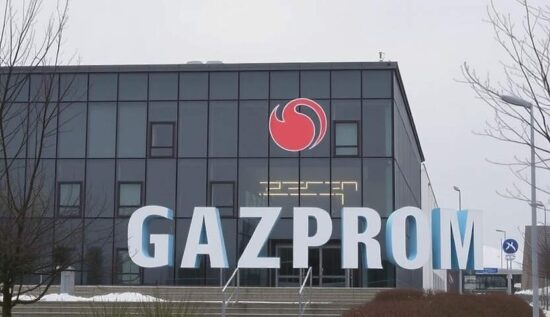Gazprom, the Russian energy conglomerate, is set to make a decision on the possible closure of its representations in Brussels and Tokyo at an extraordinary board meeting on January 28, the company announced on Thursday.
The closure of the overseas offices comes in the wake of a drastic decline in the European market for Gazprom. Following the suspension of gas transit through Ukraine, the company only has one pipeline to Europe, which runs through Turkey. Gazprom’s Brussels office was opened in 2011, and the Tokyo representation in 2014.
This week, massive job cuts were also announced in Gazprom’s central administrative apparatus. According to a company representative, the number of employees in the central apparatus is set to be reduced from the current 4,100 to 2,500, as per a letter addressed to CEO Alexei Miller. The document, which has been circulating online, speaks of the need to eliminate “duplicate functions and excessive bureaucratic processes” and optimize expenses at all levels. Another company representative stated that the number of employees in the central apparatus of Gazprom has significantly increased over the past 20 years and now accounts for around 50 billion rubles (approximately 500 million euros) per year in salaries alone. Gazprom employed around 500,000 people in 2023, according to its own reports.
Experts view the restructuring as a natural response to the changing market conditions, as Gazprom is no longer generating the high profits it did in 2022, highlighting the need for cost optimization.
In 2023, Gazprom reported a loss of 629 billion rubles, the first deficit in 25 years. The company also experienced a dramatic decline in its stock price.
The United States and the United Kingdom announced far-reaching sanctions against the Russian energy sector, including Gazprom Neft, a Gazprom subsidiary, last week. The US government also sanctioned almost 200 ships of the so-called “shadow fleet.” In response, oil prices reached a four-month high. The Russian Foreign Ministry criticized the sanctions, saying they were even threatening the stability of global markets, and promised to respond accordingly.





